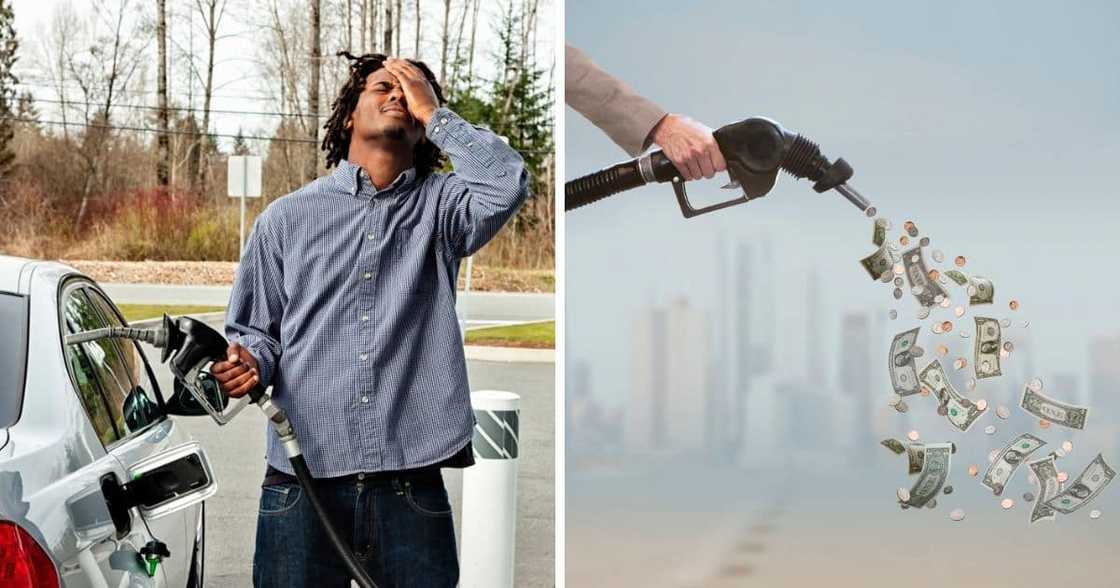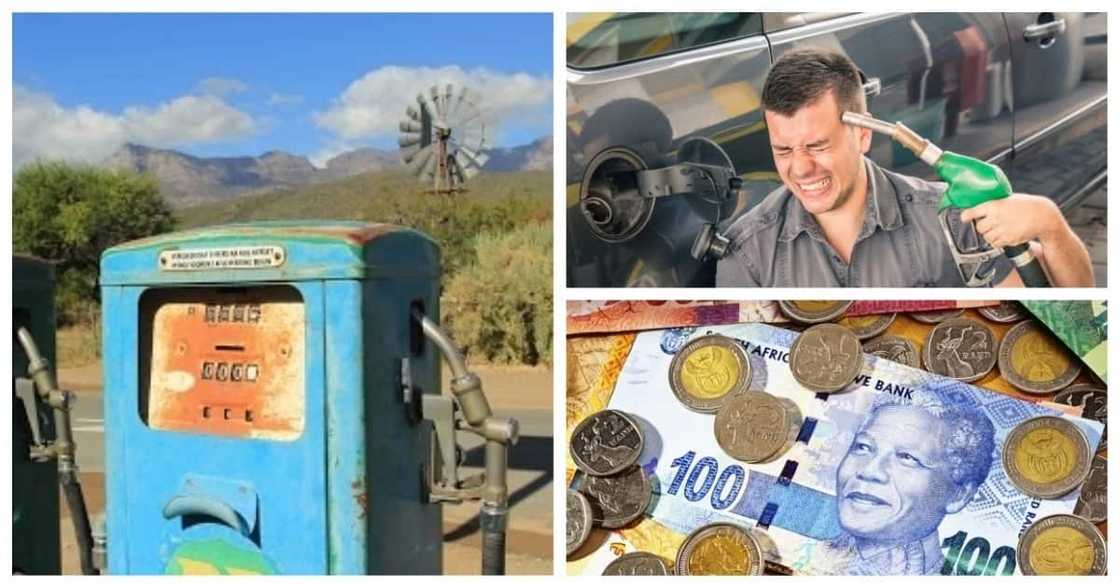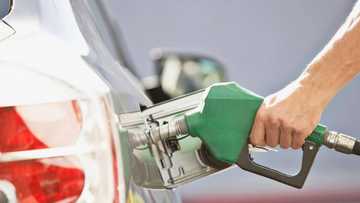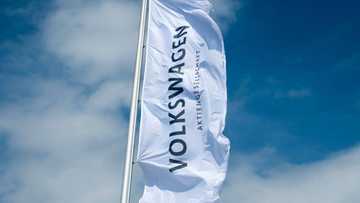Mzansi Braces for Another Fuel Price Increase, Don’t Be Scammed by Fuel Saving Devices
- The petrol price is currently R21,60 per litre for petrol and R19,48 for a litre of diesel and South African motorists are bracing themselves for another increase next month
- Avoid getting caught up in the many fuel-saving device hoaxes that deliver far less than what they promise and don't offer any benefit
- There are measures that drivers can put in place to reduce their car's fuel consumption, as they do have a huge impact on fuel consumption, especially a calmer driving style
PAY ATTENTION: Click “See First” under the “Following” tab to see Briefly News on your News Feed!
With experts predicting that the price of fuel could hit as high as R40 per litre, most South African motorists, whose monthly budgets are already strained, are now literally driving on fumes.
It also allows sceptics to take advantage of consumers and advertise 'fuel-saving devices' as South Africans fork out R21,60 per litre for petrol and R19,48 for a litre of diesel.

Source: UGC
With many experts predicting the fuel price will reach R40 per litre due to the instability caused by Russia's invasion of Ukraine, South Africans are desperate for practical assistance in reducing their fuel consumption, the Retail Motor Industry Organisation reports.
As of March, the cost of petrol is R21,60 per litre inland and R19,48 per litre of diesel, according to the Automobile Association.
Enjoy reading our stories? Download the BRIEFLY NEWS app on Google Play now and stay up-to-date with major South African news!
Motorists might be tempted out of sheer desperation to try fuel-saving devices that are being advertised. These have never been proven to reduce fuel consumption and can cause more harm than good to a vehicle.
Deon Goch, Vice Chairman of the Motor Industry Workshop Association (MIWA) says:
“This is surely the most controversial subject in the whole “fuel saving” scenario and, in some cases, the biggest scam. Many “silver bullet” type of fuel saving devices have been in existence since the fuel crises of the early 70s.
"Some have been designed by so called “engineers” and others have been products of unscrupulous and clever scamsters who will do anything to relieve naïve motorists of their hard-earned cash.
"Many of these devices seem so believable that they have even fooled long-standing professionals. In short, steer clear of these devices. None have stood the test of time and none of them have any actual trials by any credible institution to warrant being used."

For practical tips to save fuel, Goch provides the following tips:
- Weight matters. If you add 4x4 accessories to your car this will influence your fuel consumption.
- Short bursts of the accelerator will increase fuel consumption. Accelerate at an even pace in traffic.
- Drive in a lane that has the least traffic ahead to maintain a constant speed. The engine management system will adjust the most economical settings for the best fuel consumption.
- The first start-up after a lengthy stand is the one that has the richest fuel mixture. This generates extra heat to assist the engine in reaching operating temperature sooner but is not ideal for an engine as it accelerates wear.
- One must prevent harsh acceleration whilst the engine is still cold as this will spike the consumption figure dramatically.
- Also avoid idling a cold engine to warm it up, as this will not improve the fuel consumption, nor lengthen the life of the engine.
- If you are in a heavy traffic situation and the waiting times are lengthy, do not be afraid to turn off the engine and restart once the traffic starts moving again. Modern engines are now being equipped with this function to aid fuel saving. However, prevent continuous switch-offs as this will drain the battery.
- Headwinds are a great factor in consuming fuel. Choose your trips carefully if you can.
- Watch your tyre pressure and alignment. Running tyres too soft or hard can definitely impact fuel consumption, as can incorrect alignment.
South Africans are paying over R20 a litre for petrol: Here are 10 tips on how to save fuel
The recent fuel price hike has seen South Africans forking out over R20 a litre for petrol, and to be honest, it's not a great feeling, Briefly News reports.
It was one of the single largest fuel price hikes so far. With that being said, there are ways to make the increase a little easier to manage, and that's why we've collated tips for motorists to learn how to go further for less.
By adjusting our driving habits and looking after our vehicles better, we can reduce fuel consumption and pay less money towards our trips.
Source: Briefly News




